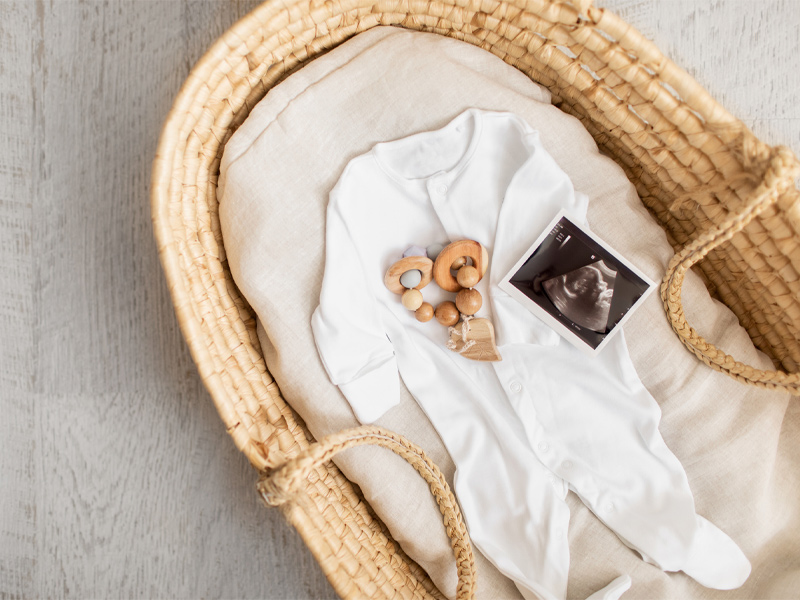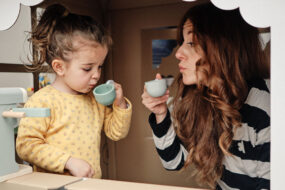Always remembered: Celebrating babies we’ve loved and lost
The pain following the loss of a pregnancy or infant is unimaginable for people who’ve not been through it. Say Their Name Day aims to help families who have.
For Keren Ludski it’s the everyday question “How many kids do you have?” that’s the most difficult to answer.
“If I say four then the next question inevitably is, ‘how old are they?’ or ‘aren’t you amazing bringing up four children’ and if I choose three, I say in my head, ‘Ben, I haven’t forgotten you’, it’s just complicated,” Keren says.
Ben is one of thousands of children who is remembered on March 25 on Say Their Name Day, a national annual event to raise awareness of pregnancy, infant and child loss and raise funds to support bereaved families.
Keren is Red Nose Australia chief executive and Ben was her third child.
He died from SIDS in 1998 at three months old.
- Pregnancy loss: How to support a friend through their grief
Pregnancy and infant loss
Every year about 110,000 Australians have a miscarriage, 3000 more endure the pain of stillbirth, 600 lose their baby in the first 28 days after birth and many more face the grief of termination for medical reasons.
Globally, an estimated 23 million miscarriages occur each year.
US Model and TV personality Chrissy Tiegan is one person who has spoken openly about losing her son, whom she named Jack, due to pregnancy complications at 20 weeks.
“We, for some reason, had started to call this little guy in my belly Jack,” Chrissy posted on Instagram.
“So he will always be Jack to us.
“Jack worked so hard to be part of our little family, and he will be, forever.”
- Processing loss: 3 things grief taught me about resilience
The stigma of loss and unbearable silence
University of Queensland clinical psychology senior lecturer Dr Fiona Maccallum says following a death people need to be able to feel safe talking about their loss.
“While everyone has an individual response, the best thing friends and loved ones can do is to be present and available,” Dr Maccallum says.
For many bereaved families the silence following the loss of a child is unbearable, according to Red Nose.
“So often grieving families feel they can’t talk about it, that the conversation makes others uncomfortable, that it’s a taboo subject, there’s a stigma around it,” Keren says.
“It shatters people’s view of the world, we like to think we get pregnant, have healthy babies and they all live happily ever, but things do go wrong.
“We’re not equipped as a society to know what to say, and how to say it, and that leaves lots of families feeling like their baby isn’t acknowledged, as if what they’ve gone through is contagious and can be passed on.”
Getting involved in Saying Their Name
That stigma is what the organisers of Say Their Name Day are working to change.
There are lots of ways to get involved, Keren says – including hosting an event or online fundraiser, sharing the campaign on social media or making a donation in memory of an infant who has been lost.
“Every cent of funds raised go towards our 24/7 support line and live chat to help bereaved parents as well as providing peer support and connection, and training for health professionals working in this space,” she says.
The continuing bonds of family
Keren says she knows personally the huge impact of saying their name.
“There’s a lot of research around the concept of continuing bonds, how bereaved families are able to establish an ongoing connection with their baby who has died,” she says.
“For us, Ben was here for such a short time but he made such a big impact, he changed all of our lives forever.
“We’ll never stop saying Ben’s name out loud.”
Written by Liz McGrath.





